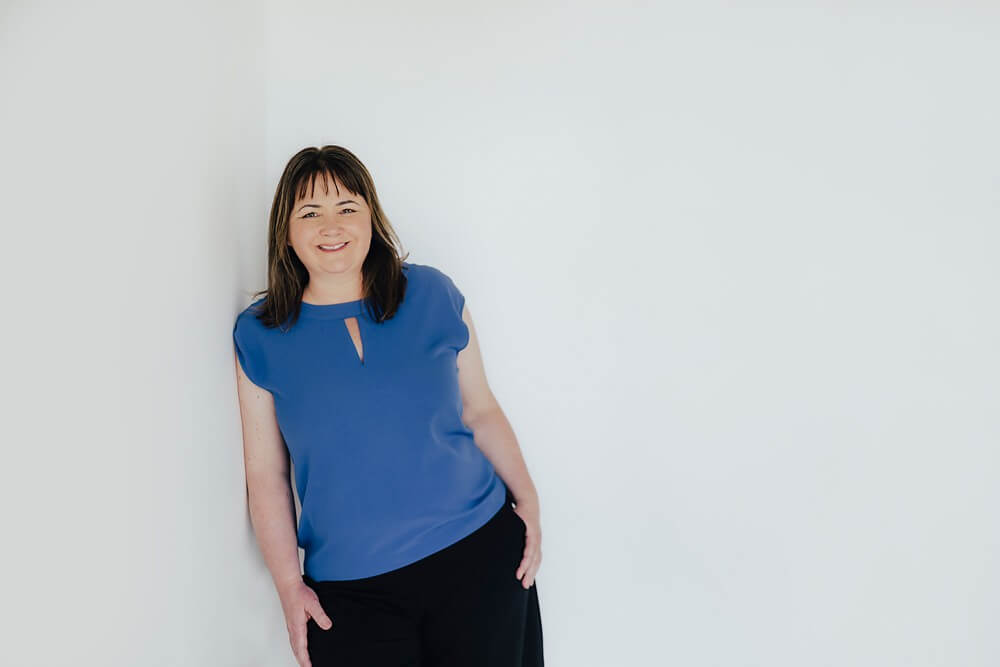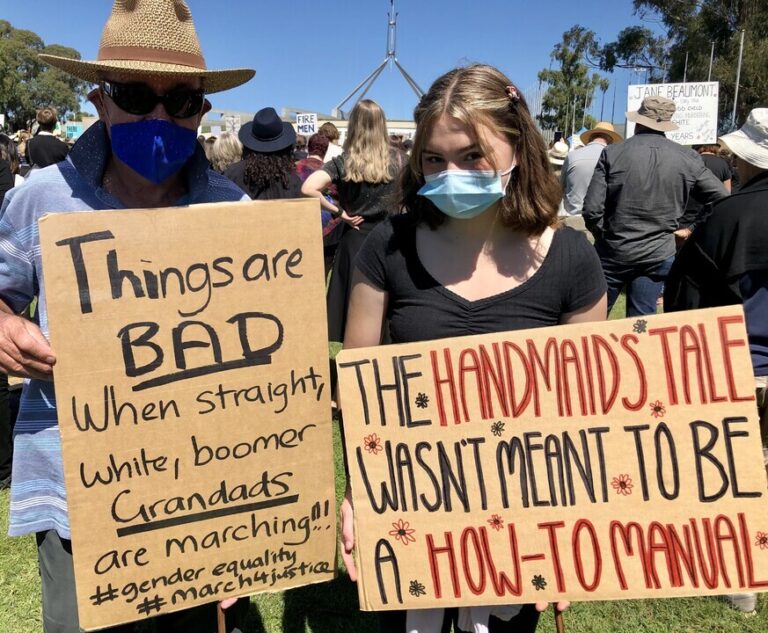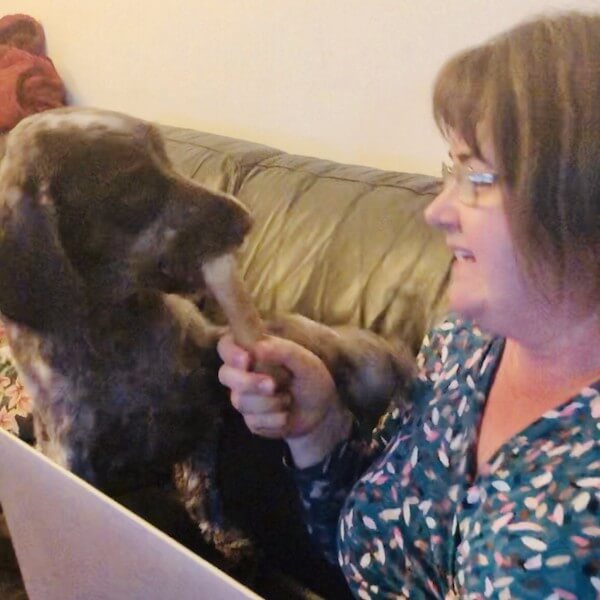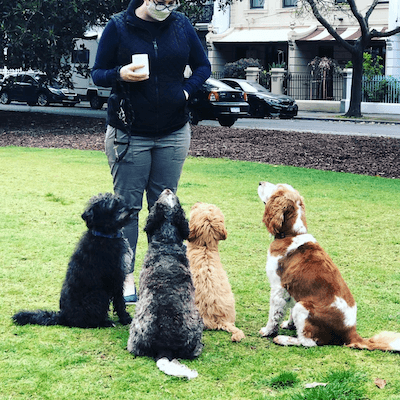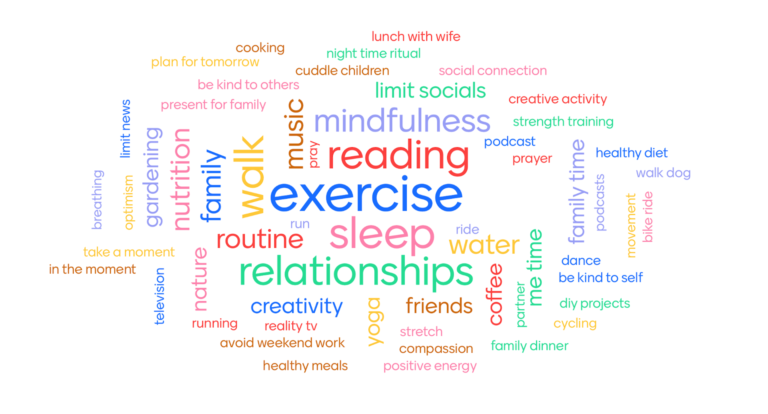I don’t really see myself as a Leader
I don’t really see myself as a Leader
Last week a client told me that I’d changed the way she sees leadership. She also told me that she now also sees herself as a leader – something she hadn’t done before. This is a very flattering piece of feedback and one I am proud to say I often receive from my coaching and leadership development work.
Given most of my work is in women’s leadership development, one of the things I enjoy is questioning and challenging preconceived ideas of what good leadership is and looks like. One client recently said to me, ‘I don’t really like the word leadership – it implies something grand – I just want my team to do well, be well and feel supported by me to get their jobs done and progress in their careers.’
Another told me that her senior leader is direct and thinks, speaks and makes decisions very quickly. She, herself, has a more thoughtful style: she likes to take time to think a problem through, make sure she’s got all the right data and evidence, and then speaks when she feels she has a solid position. Rather than seeing her style as just another way of leading, she went on to explain to me how it showed weakness and was evidence of her lack of leadership skills. When we have preconceived ideas about what leadership looks like, we’re going to measure ourselves against these and find ourselves coming up short.
Academia does not always help either: a simple google scholar search of the term ‘leadership styles’ turns up more than 2.6 million articles; the term ‘leadership theory’: 3.6 million articles. There is not scholarly agreement on the question ‘what makes a good leader’. But actually, is this really asking the right question?
Brené Brown defines a leader as “anyone who takes responsibility for recognizing the potential in people and ideas, and has the courage to develop that potential.” Central to this definition is ‘other people’ – and their ideas. Taking action to help them develop and grow is an act of courage. And there are many different ways to do this.
Over the last year I’ve had the privilege of working with more than 50 women leaders from a range of different backgrounds, (corporate, professional service, not for profit, and government), and we’ve been discussing who and how they want to show up at their best as leaders – at work and in their lives more broadly.
Becoming the leader you want to (and need to) be requires more than doing a course or two: it requires being prepared to dig in and examine your strengths and your weaknesses and work with real examples from your day to day that show you at your best, your worst and everything in between. It requires you to examine the impact that you have on others.
At a global level, we can see the impacts particular leaders have on nations and who and how they are in the world. The same is true at organisational, team and even at home in our families and friendship groups.
Who and how do we want to be as leaders not only for ourselves, but more importantly for others? Who and how do you want to show up as a leader in your work and life?


